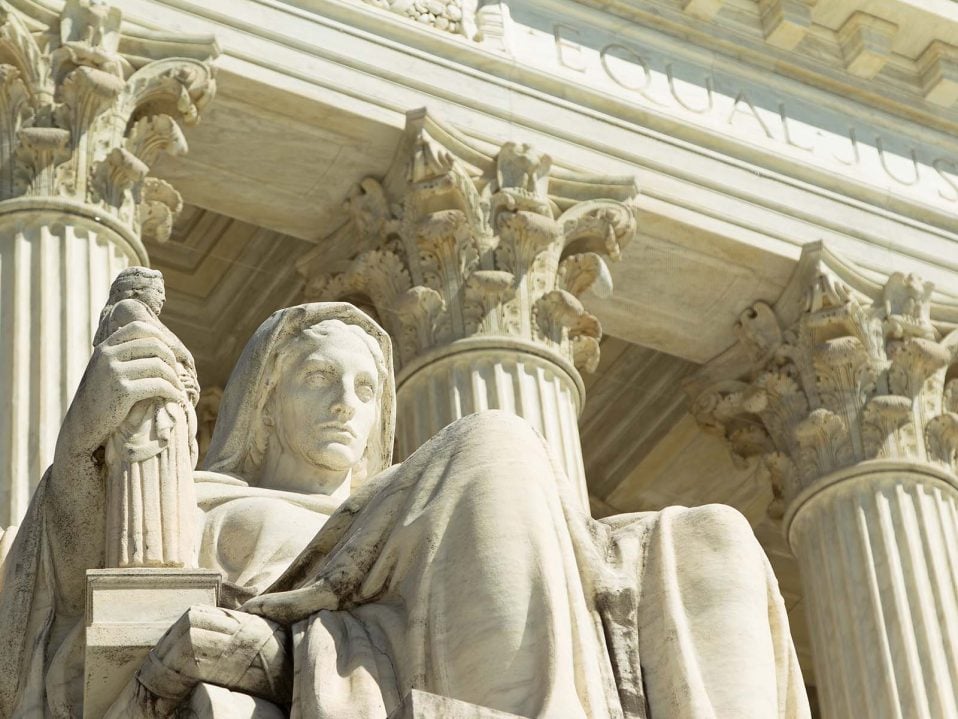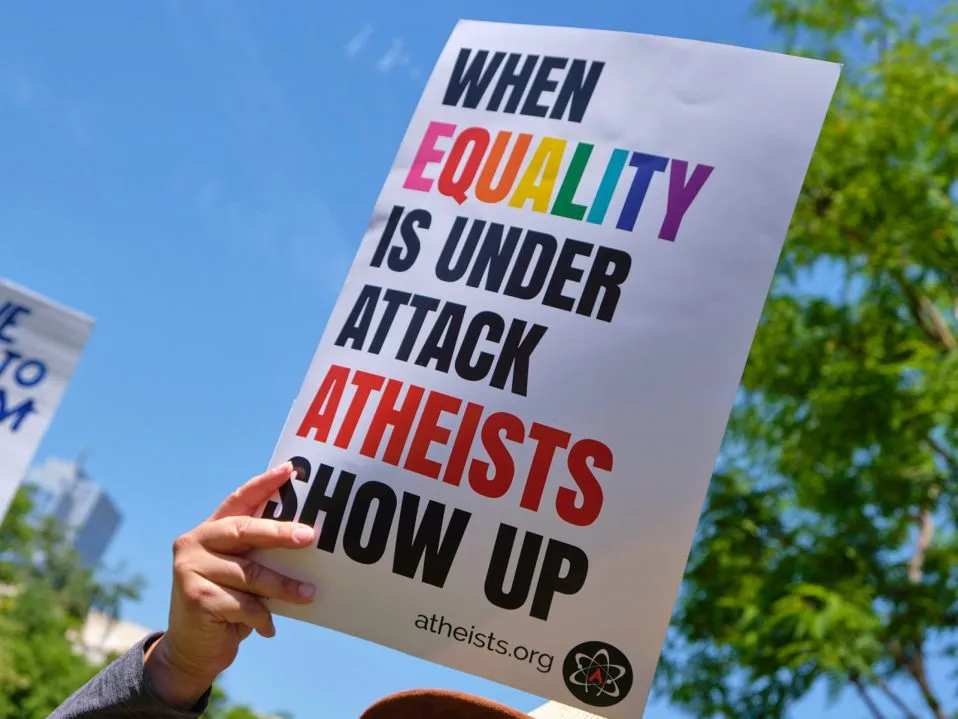Washington, D.C. – In March, American Atheists filed an amicus brief in Catholic Charities v. Wisconsin Labor and Industry Review Commission, urging the U.S. Supreme Court to affirm that employees should not be denied critical government benefits, including unemployment insurance, simply because their employer is religious.
In its brief, the national civil rights organization said the Establishment Clause firmly – and rightfully – prohibits the government from using its taxation powers to coerce professions of religious belief or otherwise promote religion. As such, American Atheists asked the Court to uphold the lower court’s decision, prioritizing protections for all over the religious beliefs of a few.
Today, the U.S. Supreme Court unanimously sided with Catholic Charities and overturned the Wisconsin ruling. However, the justices did so on narrow grounds, invalidating only the specific analysis Wisconsin’s Supreme Court conducted in its earlier decision. The U.S. Supreme Court’s decision allows states to continue regulating faith-based entities to ensure their employees are not excluded from government protections, so long as the distinction between secular and religious activities does not rest on theological questions.
“The Supreme Court’s decision today returns this case to the Wisconsin court, which must do a better job articulating the line between secular charity work and religious work,” said Geoffrey Blackwell, Legal Director for American Atheists. “Those who perform secular charitable work should not lose the protection of Wisconsin’s unemployment insurance program simply because they happen to work for a charity with religious ties.”
Nick Fish, President of American Atheists, added, “Whether their employer is secular or religious, the millions of Americans who devote their lives to public service and the millions more who depend on the nonprofit sector for services deserve the full and equal protection of the law. Today’s decision is yet another unfortunate step away from that guarantee and reinforces the importance of state lawmakers working to close loopholes and narrow existing exemptions.”







